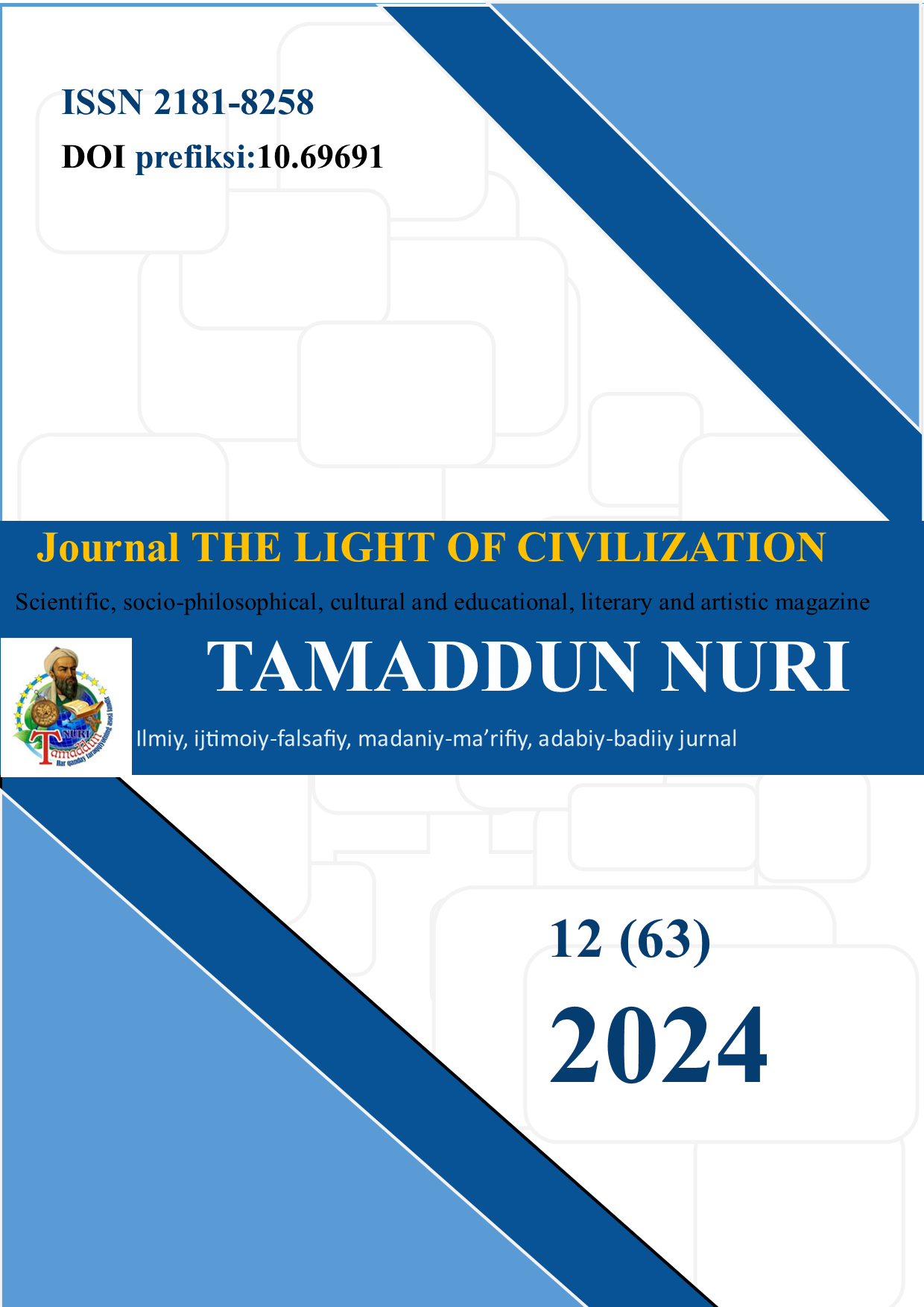THE ESSENCE AND CHARACTERISTICS OF LINGUOCULTURAL COMPETENCE
DOI:
https://doi.org/10.69691/bp805m48Keywords:
linguoculturology, linguistics, culture, history, language, methods, methodology, English, Uzbek, phrases, proverbs, international relationships, competence.Abstract
This article analyzes theoretical and methodological aspects of forming and improving linguo-cultural competence in English language lessons. The study explores the essence of this competence and its significance in enhancing students’ cultural knowledge based on linguistic, psychological, and psycholinguistic approaches. The author proposes modern methods and technologies aimed at developing linguo-cultural competence in learners.
References
Brown H. D. Principles of Language Learning and Teaching. – New York: Pearson Education, 2007. – 320 b.
Byram M. Teaching and Assessing Intercultural Communicative Competence. – Clevedon: Multilingual Matters, 1997. – 124 b.
Kramsch C. Context and Culture in Language Teaching. – Oxford: Oxford University Press, 1993. – 304 b.
Sapir E. Language: An Introduction to the Study of Speech. – New York: Harcourt, Brace & World, Inc., 1921. – 258 b.
Hymes D. On communicative competence // Soci-olinguistics. – London: Penguin Books, 1972. – B. 269–293.
Vygotsky L. S. Mind in Society: The Development of Higher Psychological Processes. – Cambridge: Harvard University Press, 1978. – 159 b.
Halliday M.A.K., Hasan R. Cohesion in English. – London: Longman, 1976. – 374 b.
Davletbayeva,Z.A. Лингвокультурология: теория и практика. – Almaty: Kazakh University, 2010. – 215 b.
Downloads
Published
Issue
Section
License
Copyright (c) 2024 Journal of Tamaddun Nuri

This work is licensed under a Creative Commons Attribution-NoDerivatives 4.0 International License.



